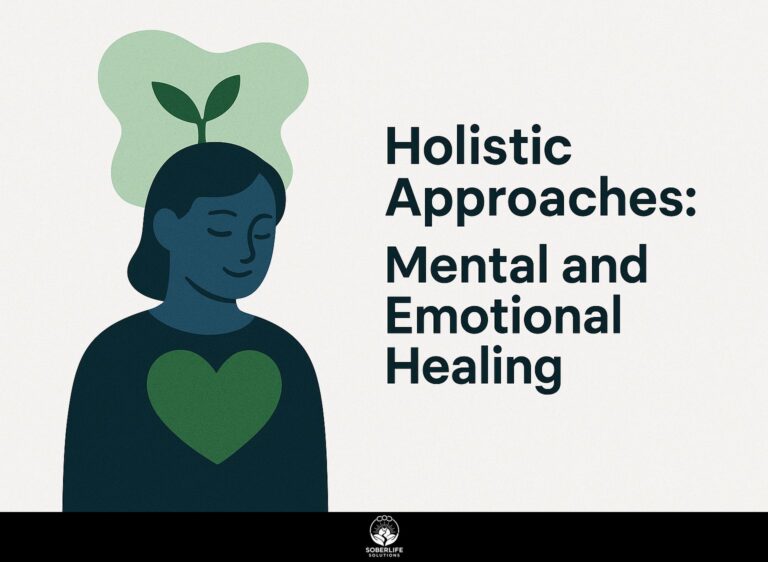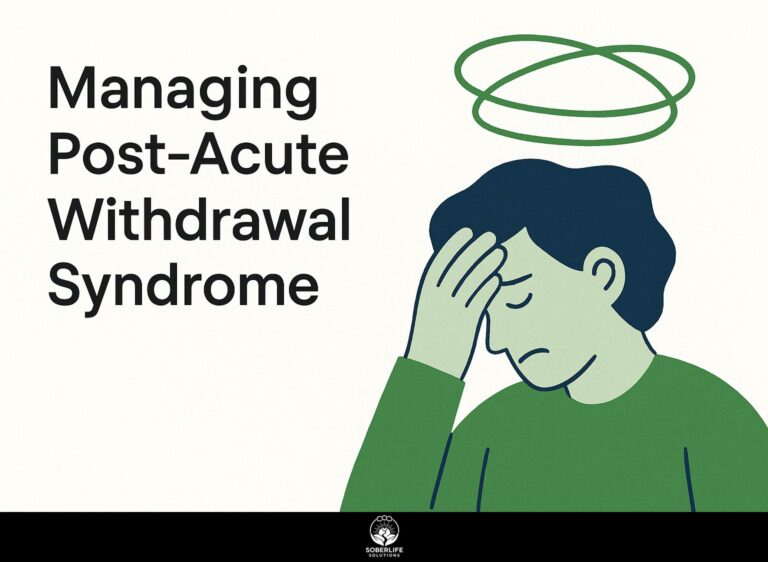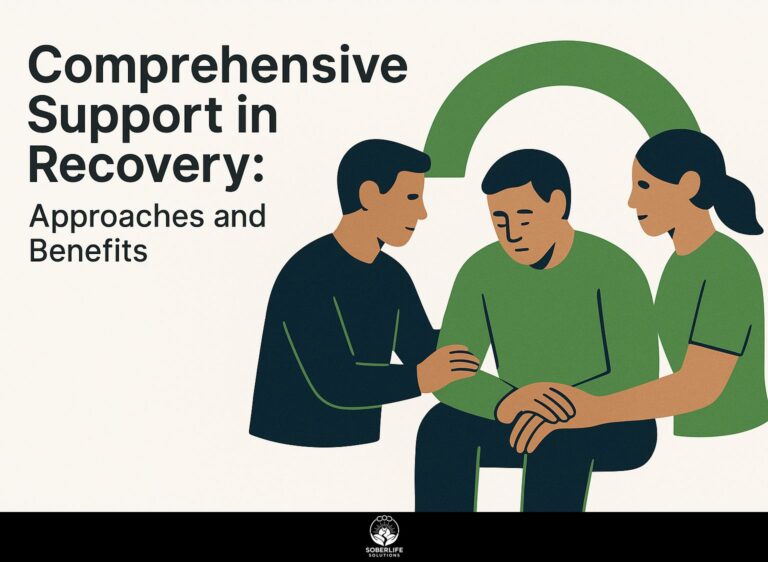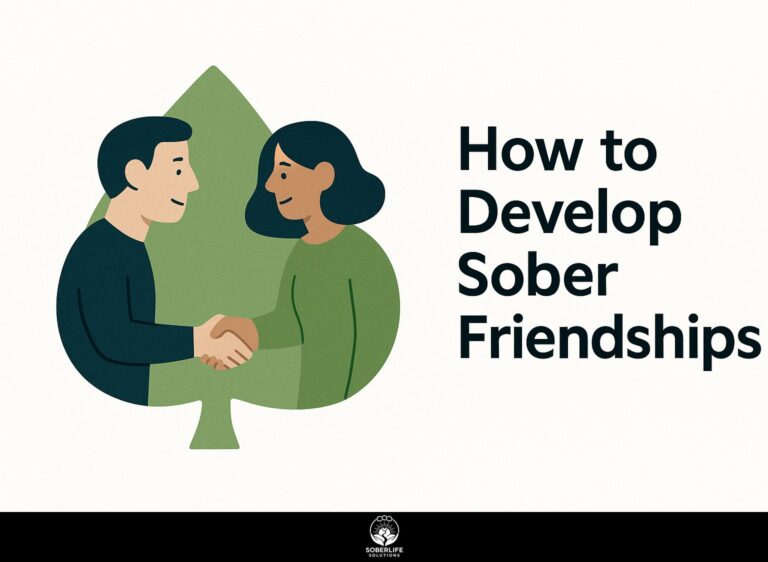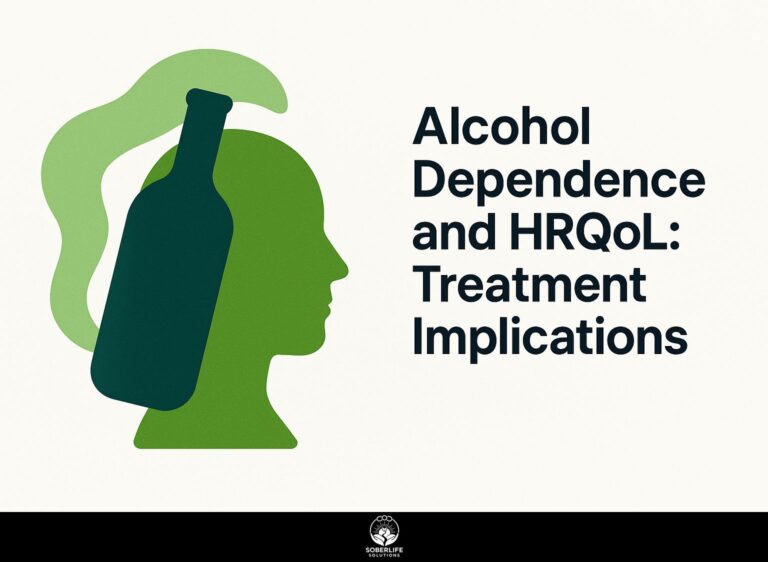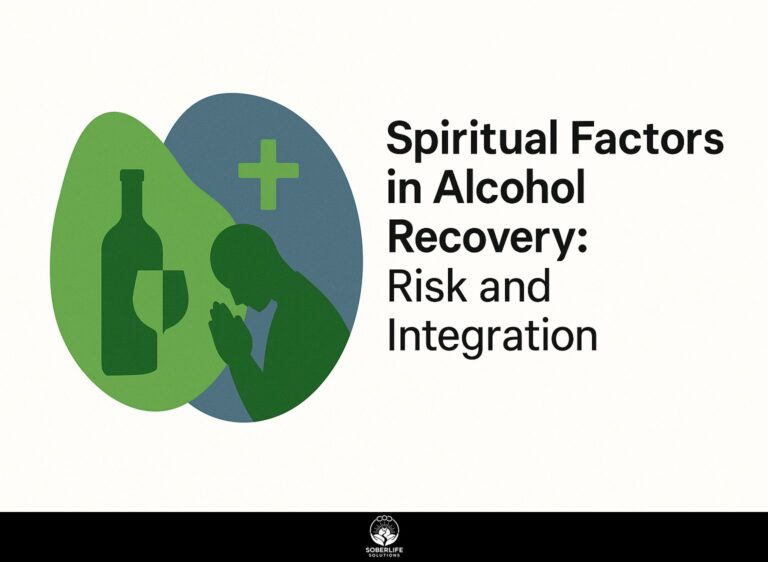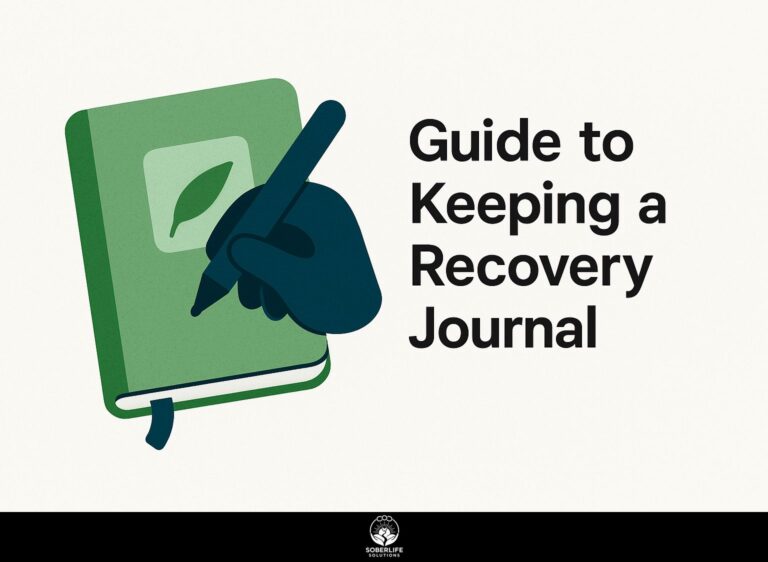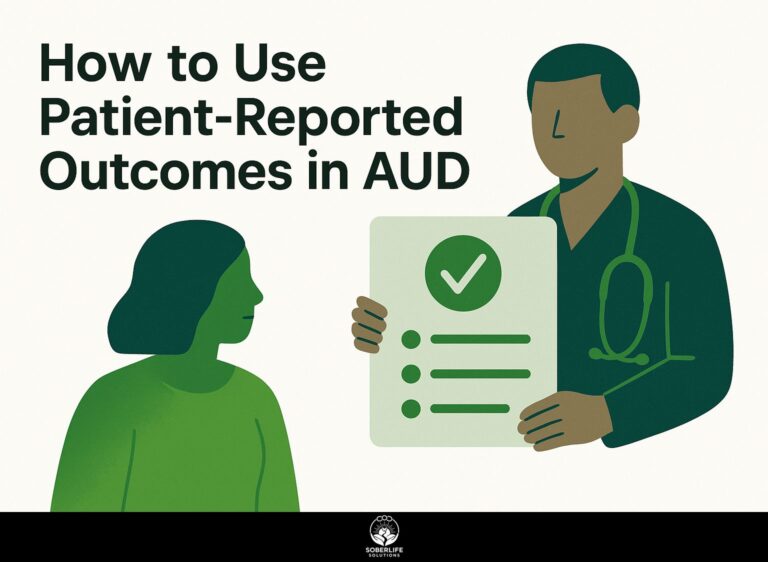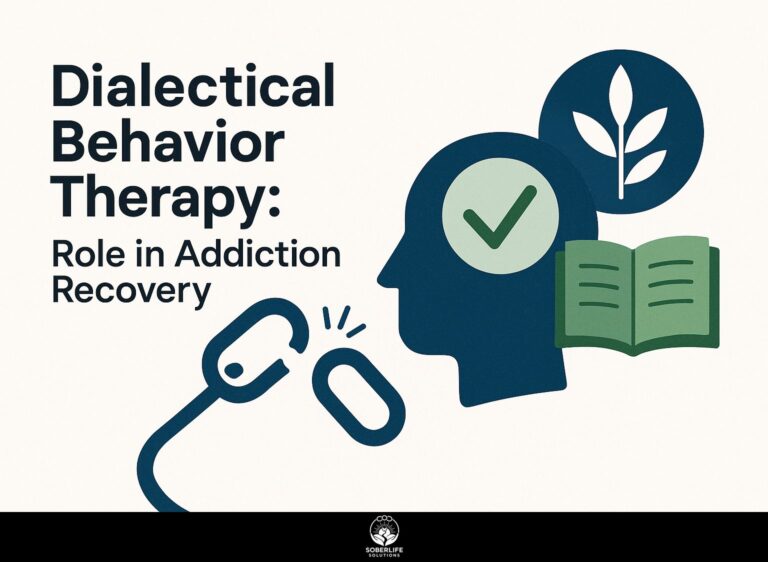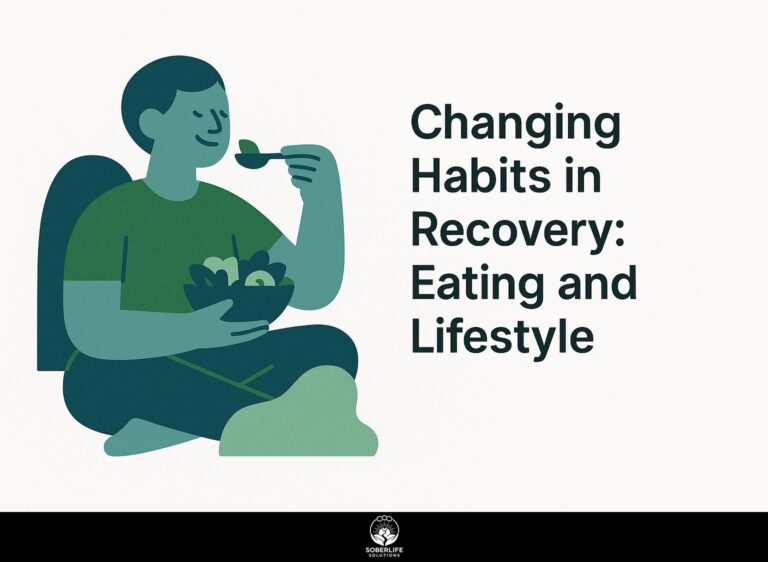Holistic Approaches: Mental and Emotional Healing
Enhancing mental health begins with complete care, addressing both thoughts and emotions. In this review of holistic medicine, we will look at treatment methods backed by evidence, such as recreational therapy, to strengthen emotional health. With information from Treatment Connection, learn how combining these practices can improve your mental health experience, offering a way toward…

